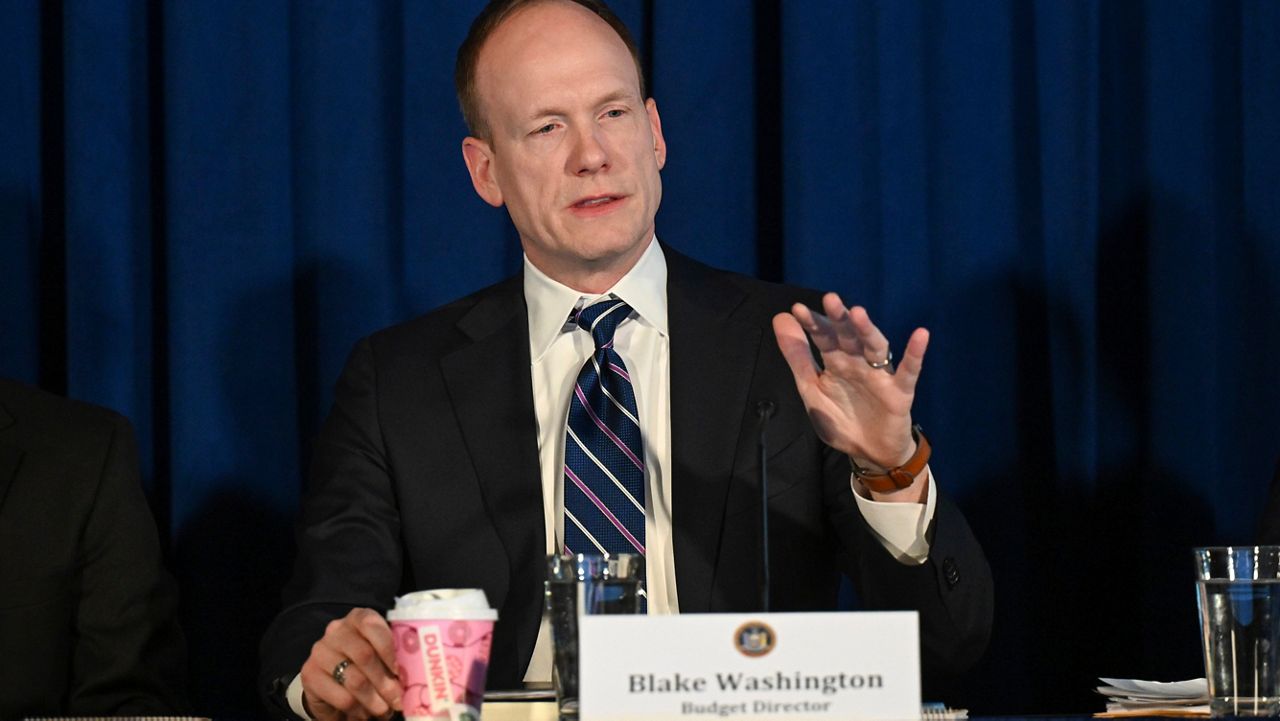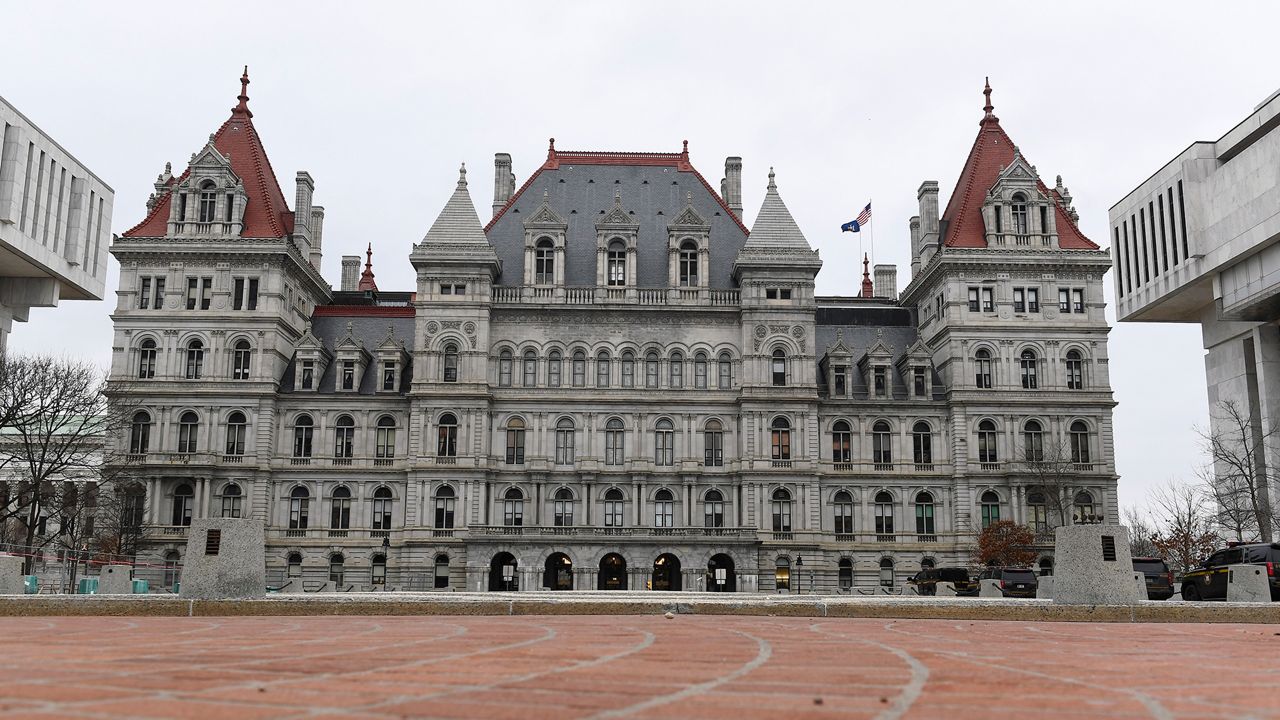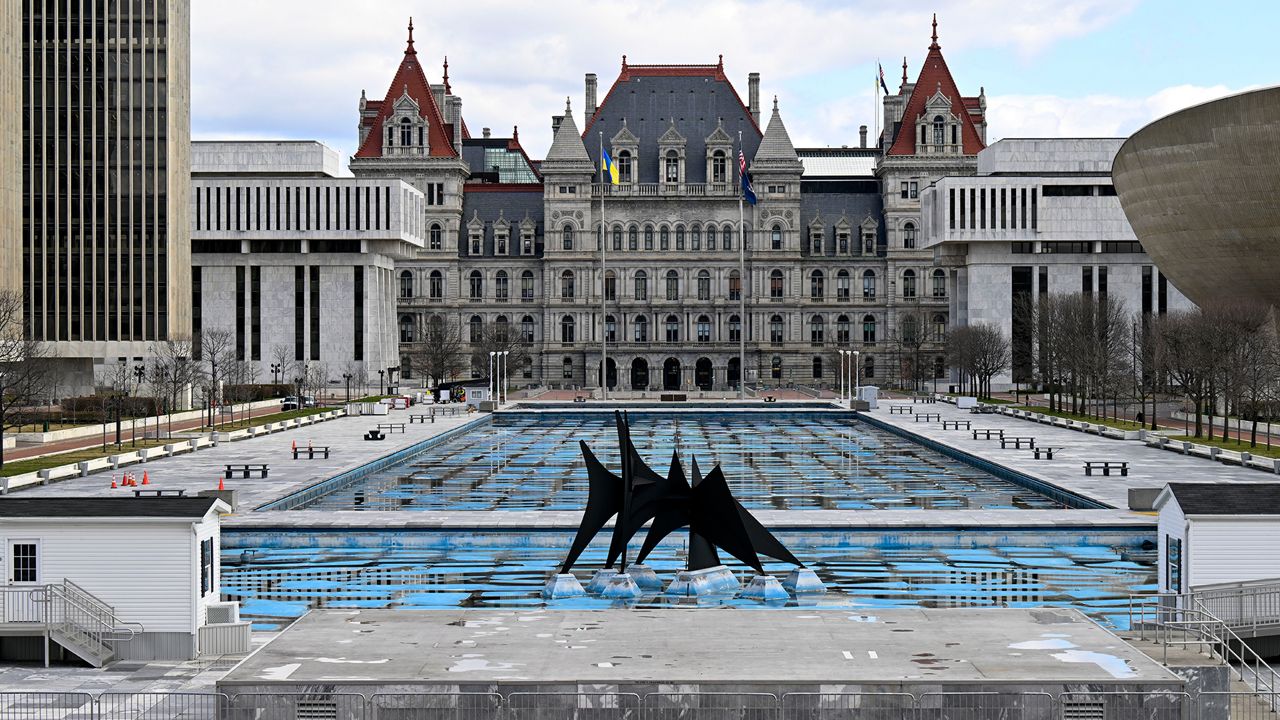The New York state Assembly and Senate will release and vote on their own one-house budgets this week. One of the big questions the budgets will answer is this: Will lawmakers push for a tax hike on the state’s wealthiest citizens or not?
New York relies heavily on the Personal Income Tax (PIT) tax, so a perennial argument in Albany balances whether to increase taxes on the wealthy to bring in needed revenue, against the possibility of the wealthy fleeing the state.
In a New York Daily News column seemingly timed to head a tax hike off at the pass, President and CEO of the Business Council Heather Mulligan, and state Comptroller Tom DiNapoli, warned that New York’s outmigration is impacting its tax revenue, and if the state keeps raising taxes, more people will leave.
Paul Zuber, executive vice president of the Business Council of New York, told Capital Tonight that there is a confluence of factors that are leading people to move away from the state.
“Obviously, people are concerned about affordability in New York. People are concerned about taxes in New York,” Zuber said. “From the business perspective, one thing our lawmakers have to understand is COVID changed a lot, in terms of how businesses do business.”
One example? Zuber pointed to the rise of Zoom, making the point that employees don’t necessarily have to live in the state to work here.
The Daily News column states, “exercising spending restraint will be crucial for taxpayers who continue to see high inflation impacting their everyday family decisions.”
But advocates for increased spending are looking at the data and coming to very different conclusions.
“Now is the perfect time to tax the record profits of these huge corporations and the sky-high wealth and incomes of their super-rich executives to invest in affordability for regular everyday people: affordable housing, healthcare, childcare and higher education, not new giveaways to big business,” Michael Kink, executive director of the Strong Economy for All Coalition, a labor-community coalition focused on economic fairness and income inequality, stated in an email to Capital Tonight.

A report produced by the Groundwork Collaborative underscores Kink’s assertion, and blames persistent inflation on corporations, arguing that “even as the cost of doing business has gone down, corporations continue to pad their bottom lines at consumers’ expense.”
Separately, according to a Fiscal Policy Institute (FPI) report released in December, there are now an additional 17,500 millionaires than before the pandemic.
Zuber stated, “even in (FPI’s) numbers people are leaving New York."
“We can quibble over how we define a millionaire; do we define their net worth? Do we define how much they’re getting paid? But the fact of the matter is every reasonable and responsible study that we see [says] there are major problems for New York,” he said.
The Business Council’s own study of the financial services and insurance industries shows that New York is not staying competitive with other states.
Again, because of New York’s reliance on the PIT, this is especially bad news because the securities industry pays out annual bonuses that are taxed at a high rate, contributing significantly to the state’s bottom line.
“Yes, we’ve increased jobs in New York over the past few years by about 1,000 employees in terms of the financial and insurance sector, but the rest of the country has created over 250,000 jobs in that sector,” Zuber stated. “We rank 26th with all the other states in terms of the number of jobs we create in that sector.”
New York used to be number one in the sector.
At the other end of the pay scale, according to FPI’s analysis, the people leaving New York at the fastest rate in 2022 were not millionaires at all, but families making between $32,000 and $65,000, which again leads to the question of affordability.
When asked whether he believed that deeper state investments in child care and housing might improve the state's appeal to businesses, Zuber said yes.
“We’ve been big supporters of child care and figuring out a way to create universal child care,” Zuber said. “The average family is spending about $24,000 per child in New York.”
At the same time, a recent Siena College/Business Council of New York survey of businesses showed that high taxes are one of the biggest issues.
“Fifty-five percent of those businesses said if they could start their business someplace else than New York, they would have,” he said.









